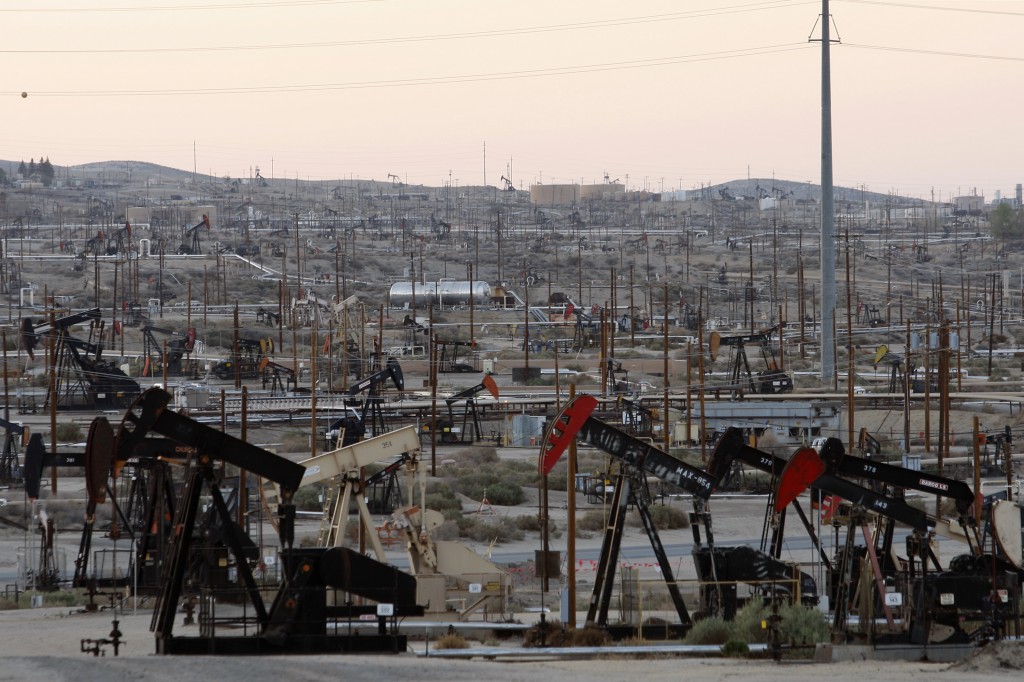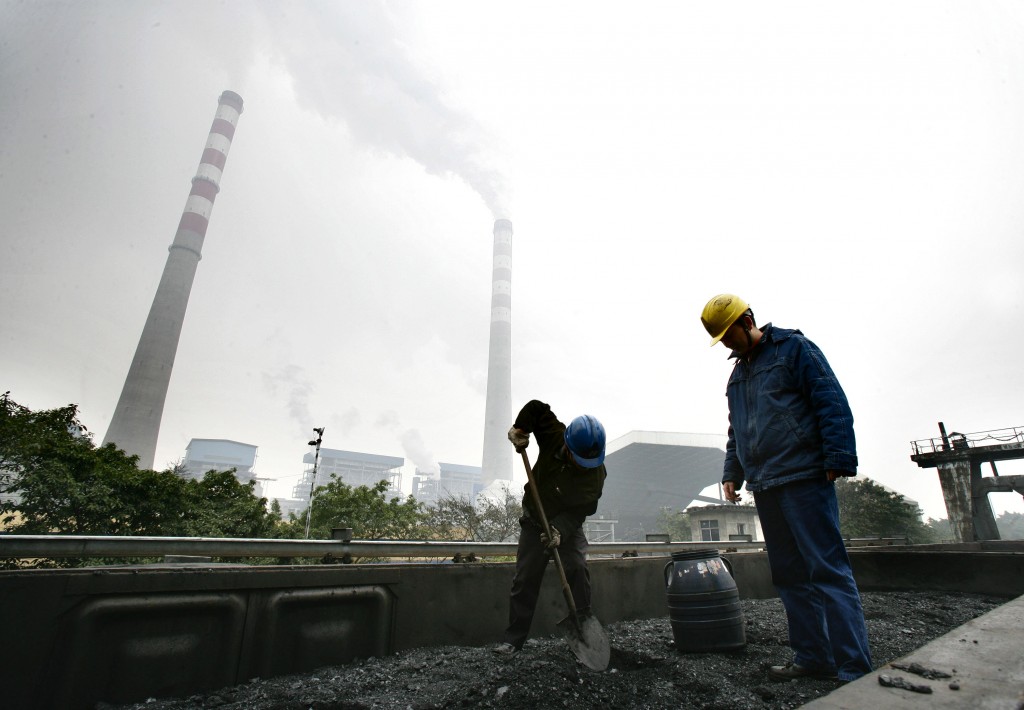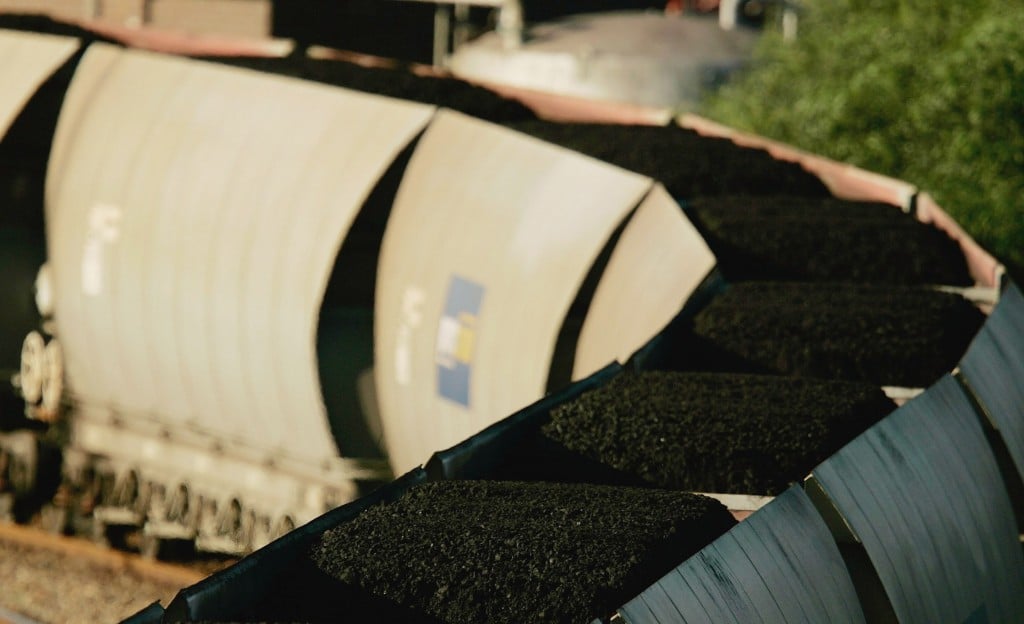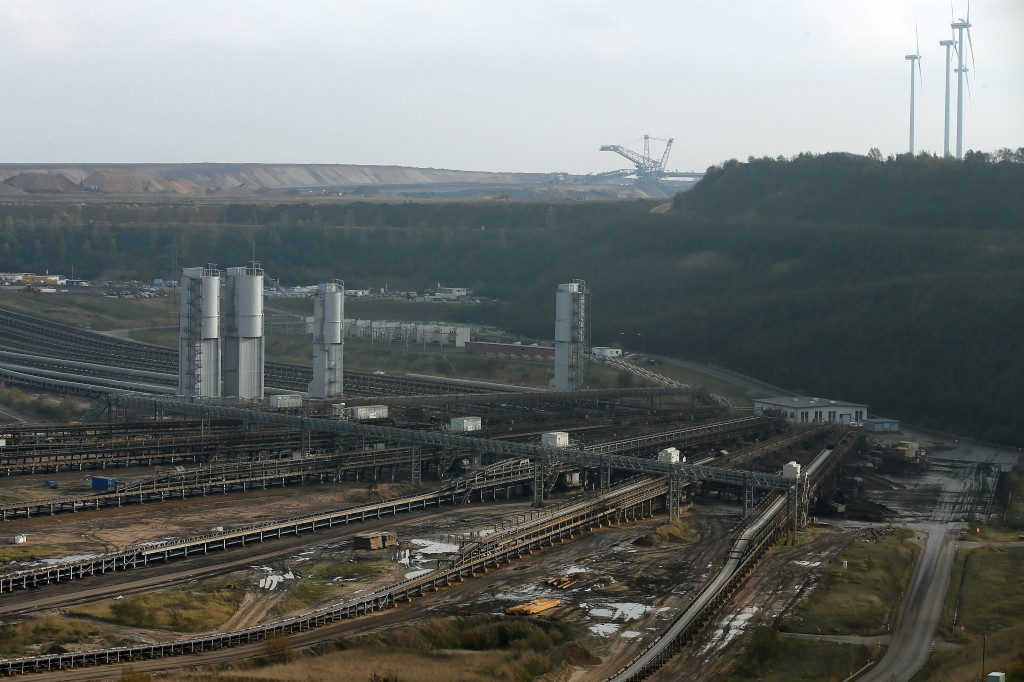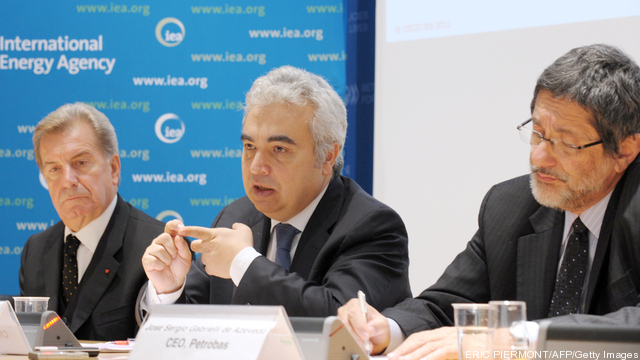Industry veterans talk about “The Great Crew Change,” which is occurring as an older generation of experienced oil & gas industry employees retire. The new crew coming on to take their place is often made up of twenty- and thrity-somethings who see new opportunities in a booming industry. “The gap in generations resulted from the… Keep reading →
Carbon Trading
Sign up and get Breaking Energy news in your inbox.
We will never sell or share your information without your consent. See our privacy policy.Emissions Markets with Chinese Characteristics, or how Transparency is Key
By Kate Rosow ChrismanChina’s highly anticipated pilot carbon markets are up and running, with the notable exception of Chongqing, but already the lack of transparency, pressure from big business and government-owned enterprises, manipulation of data and over allocation of allowances are proving to be hurdles for success. High levels of liquidity are not the end-goal for a… Keep reading →
Is Germany Rolling Out the Red Carpet for Rising US Coal Exports?
By Roman KilisekRising energy costs are increasingly dominating political agendas in many countries around the world both developed and developing. The U.S. shale revolution with domestic cheap natural gas has started to bite into coal’s U.S. power generation market share, which can be attributed to the coal-to-gas switch of power utilities. Note, that any change in U.S.… Keep reading →
Germany is facing an energy paradox where significant increases in renewably-generated power – mostly from wind and solar – are being surpassed by increases in coal-fired power. Part of the reason stems from the country’s decision to phase out its nuclear fleet. A majority of the nuclear generation capacity that has come offline – 8… Keep reading →
Energy News Roundup: Fighting Climate Change with Policy- and Market-based Strategies
By Jared AndersonToday the International Energy Agency released a World Energy Outlook special report: Redrawing the Energy-Climate Map, which highlights the need for intensive action before 2020. The analysts suggest 4 policy measures that can limit global temperature increase with no net economic cost. The US carbon market shows signs of life, with carbon credit prices hitting… Keep reading →

House Democrats have released draft carbon-pricing legislation, soliciting feedback on a potential per-ton fee for emissions, annual rate of fee increase, and revenue spending.
On March 12, 2013, House Democrats released a draft plan for carbon-pricing legislation that would impose a fee on greenhouse gas emissions from the nation’s largest polluters, such as power plants, oil refineries, and factories. The measure, which has the potential to address both climate change and budget deficit, aims to establish a system that would minimize compliance burden for polluting entities and reduce administrative costs. It would build on EPA’s existing program that requires major sources to report emissions. The Treasury Department would have the responsibility to collect carbon fees based on EPA emissions data. Keep reading →
